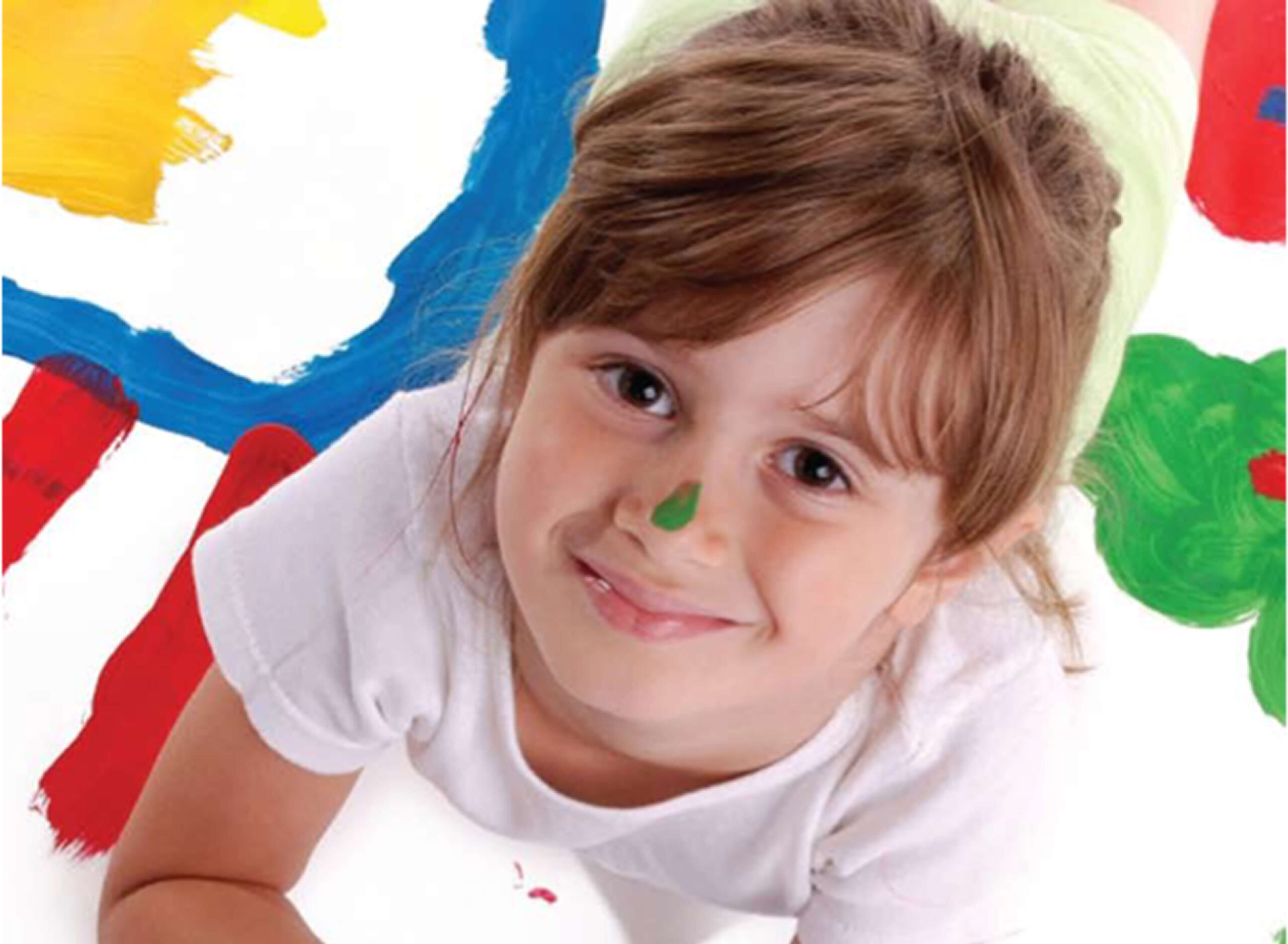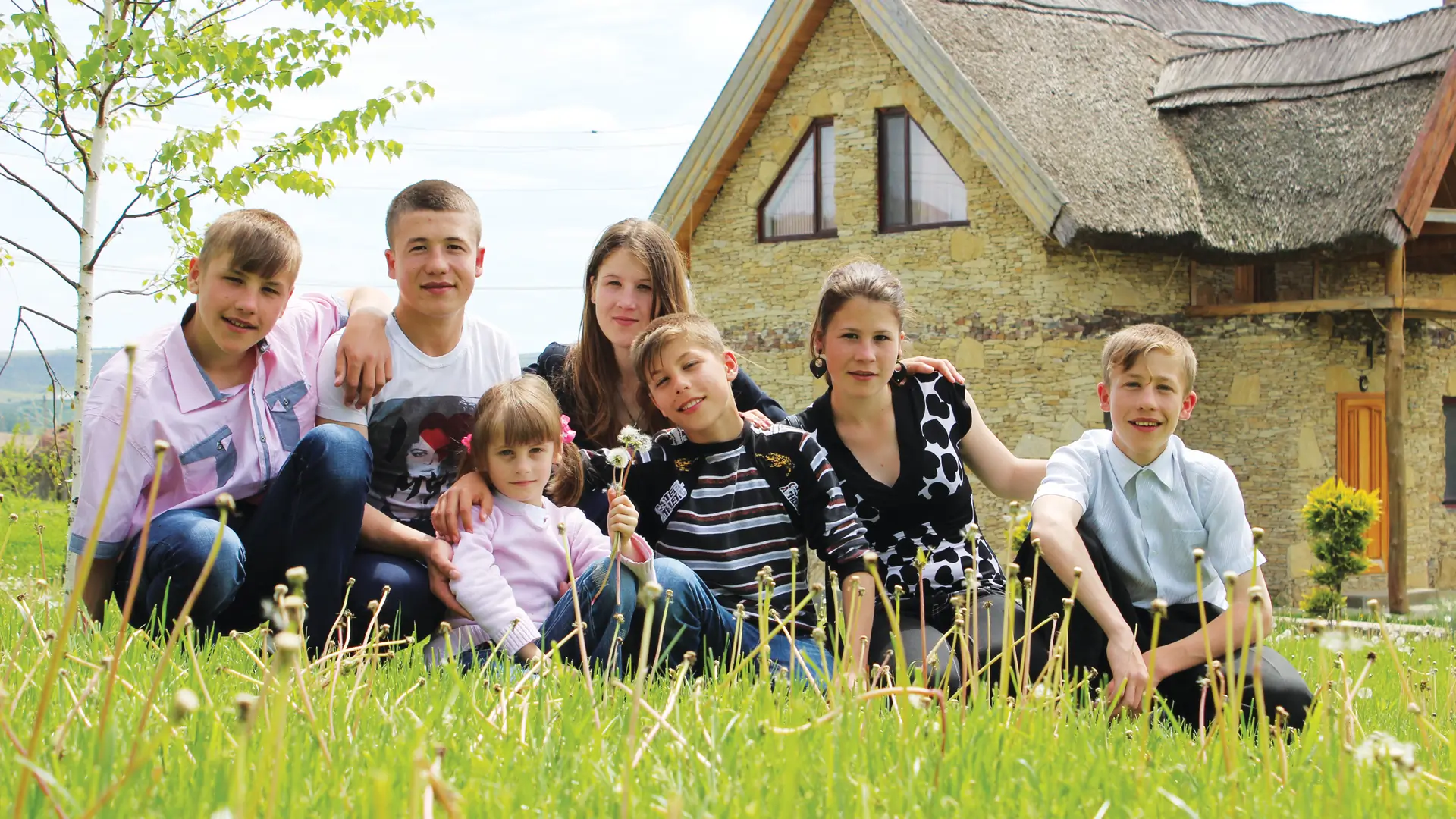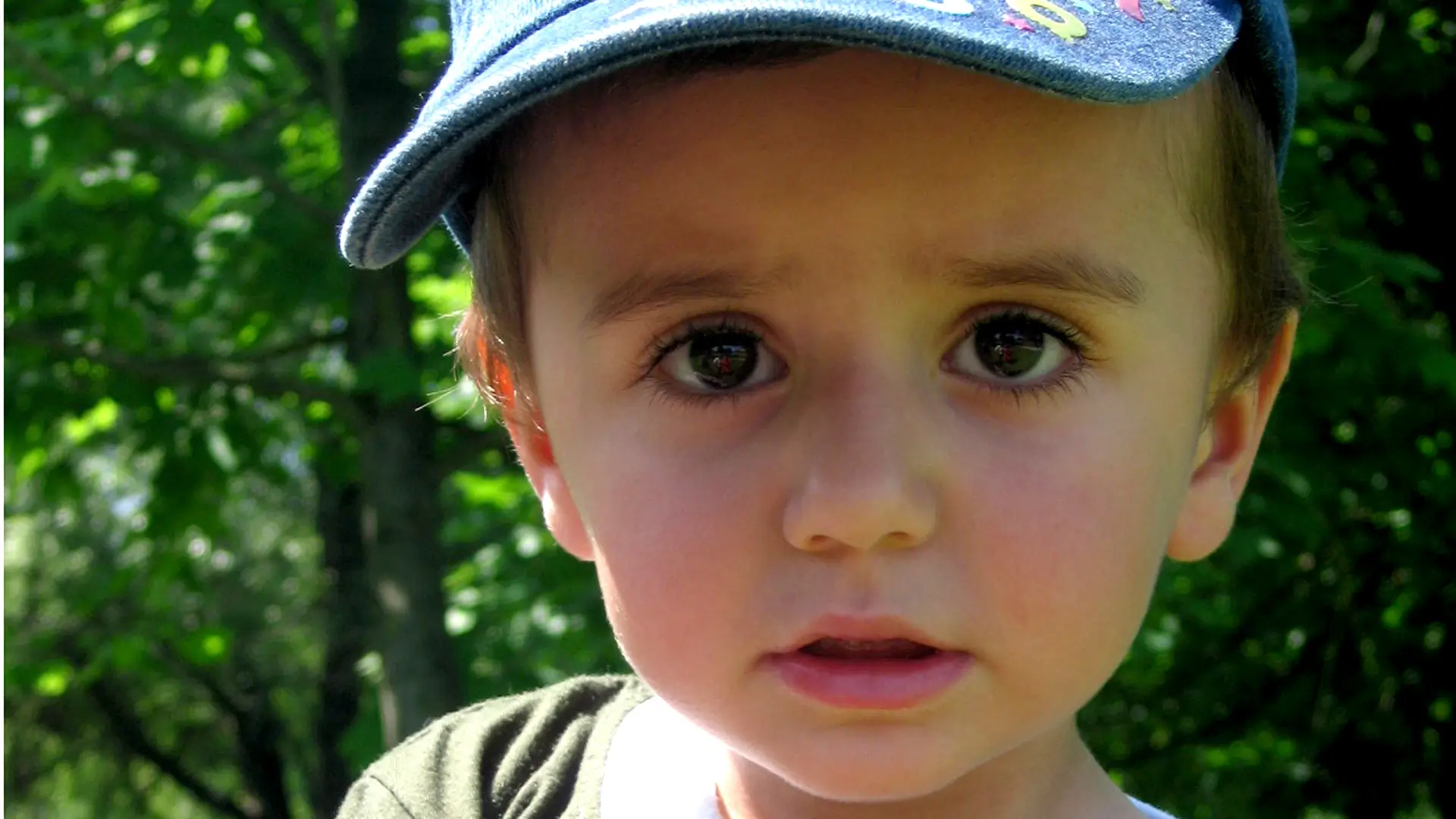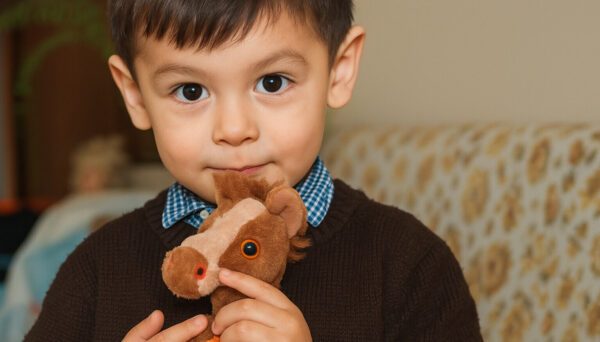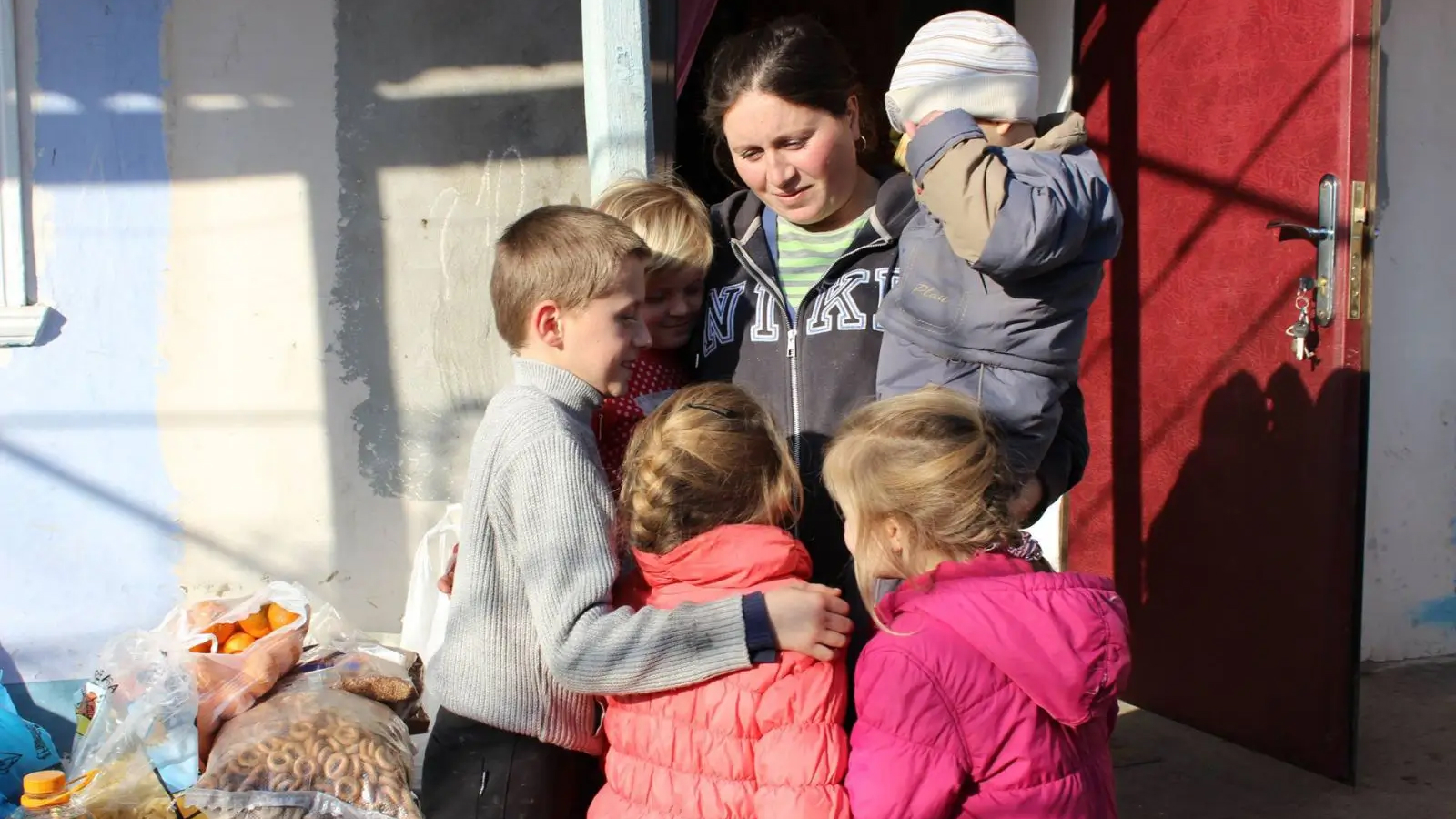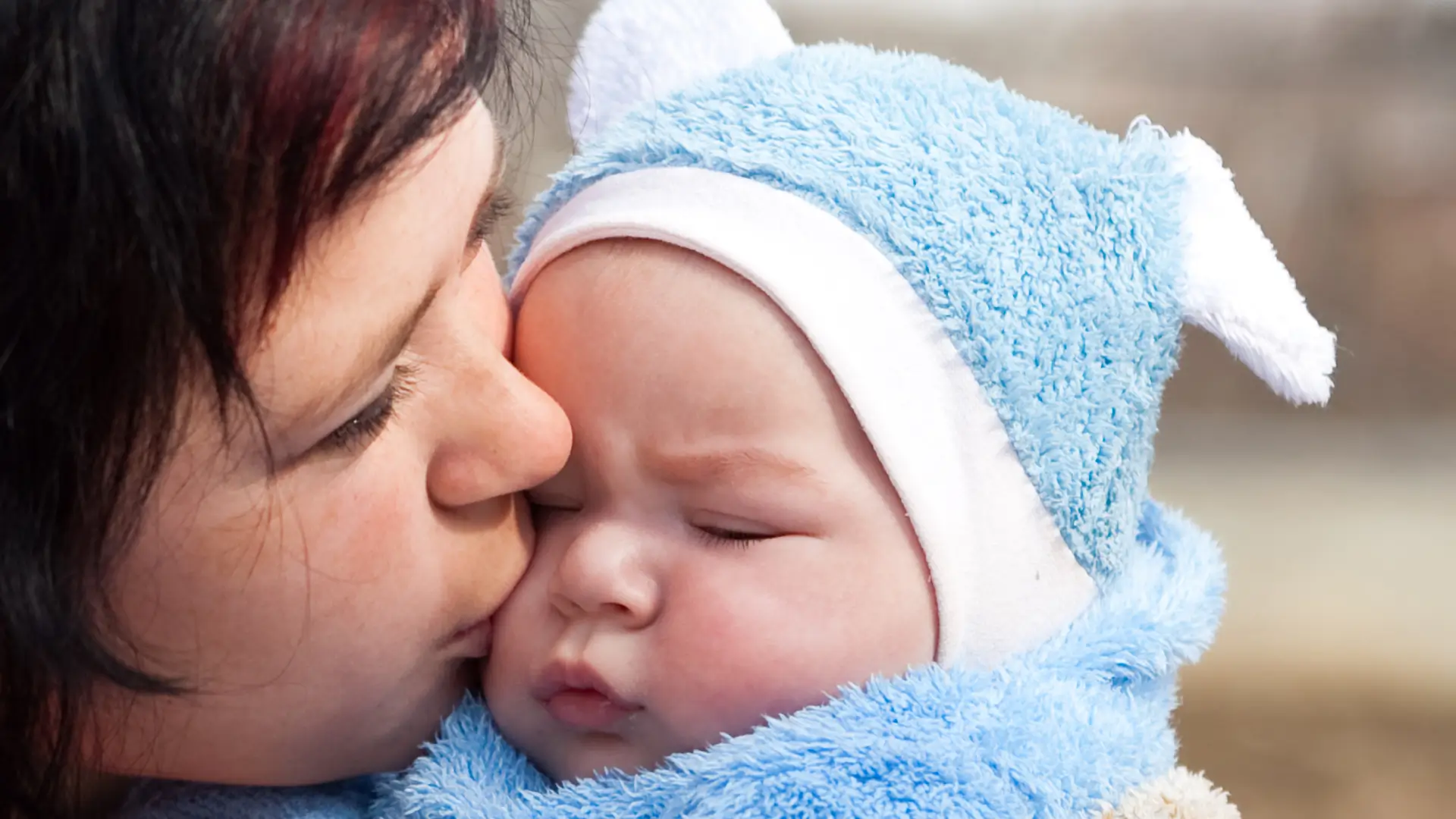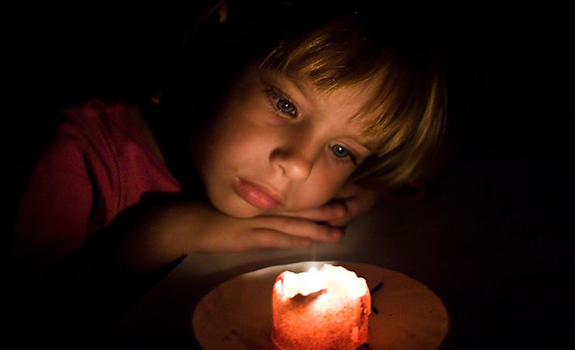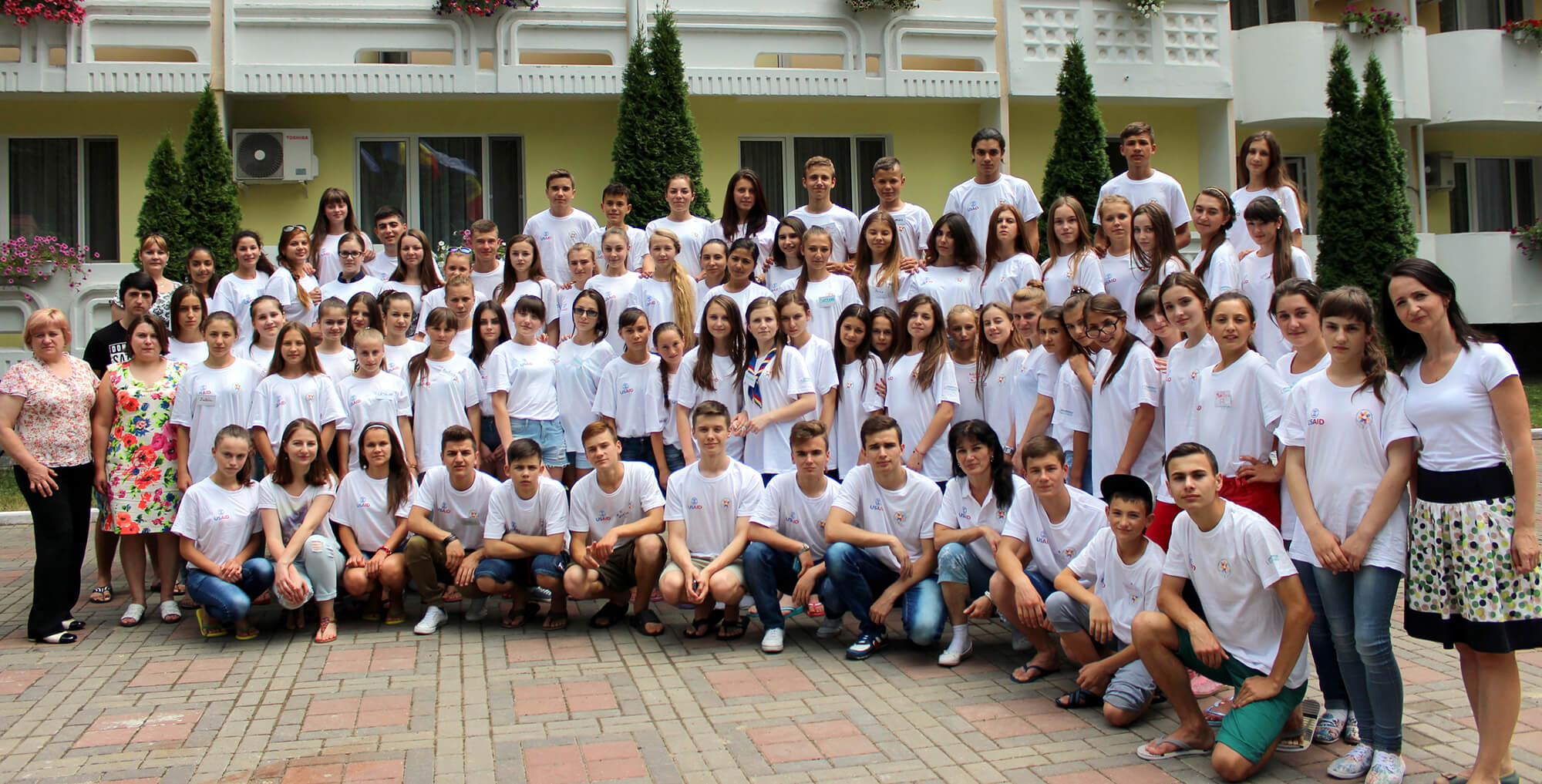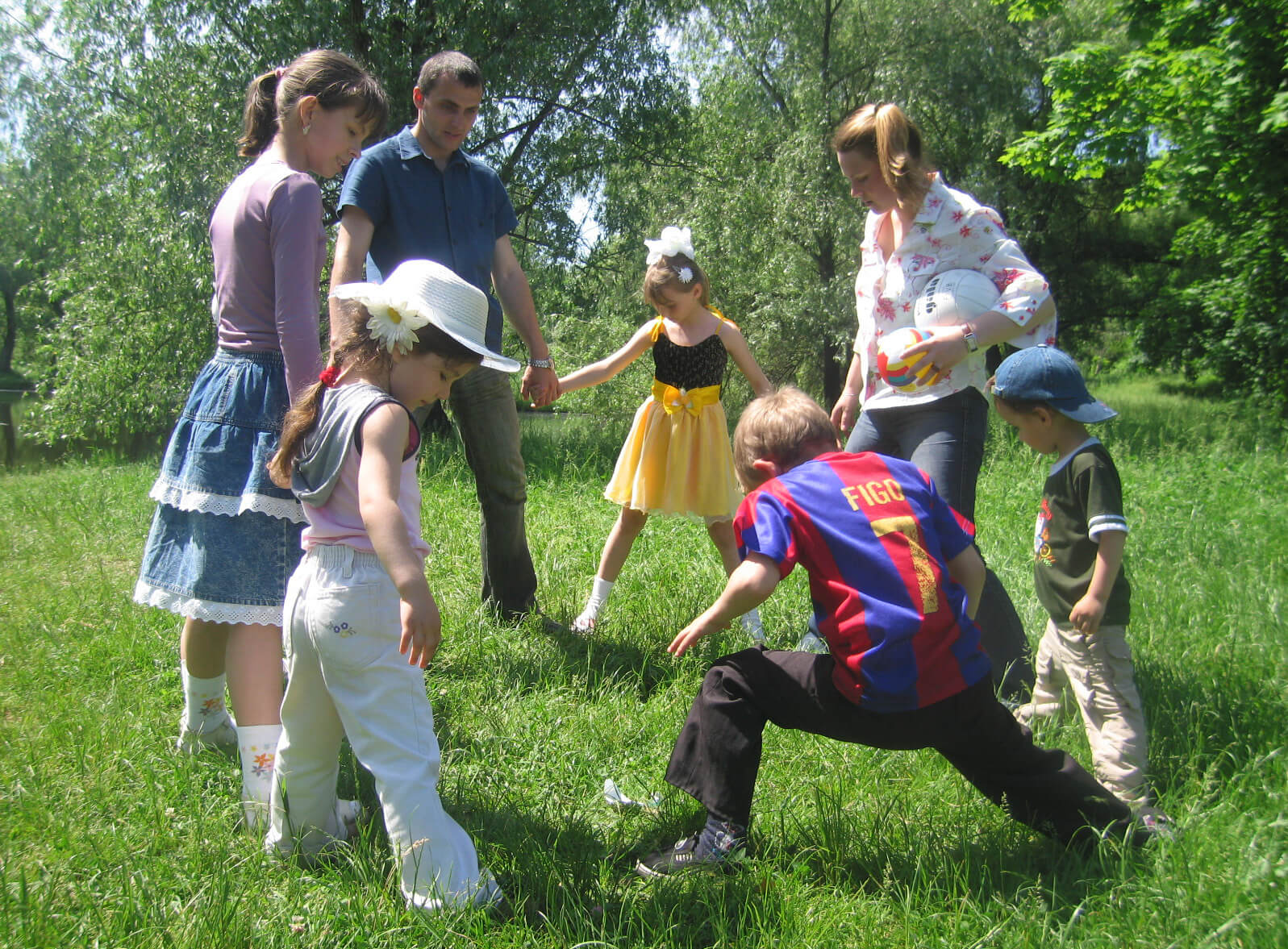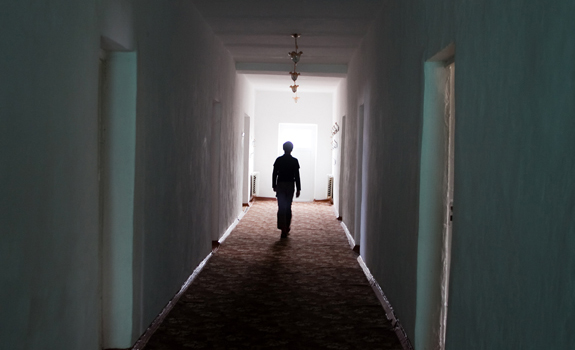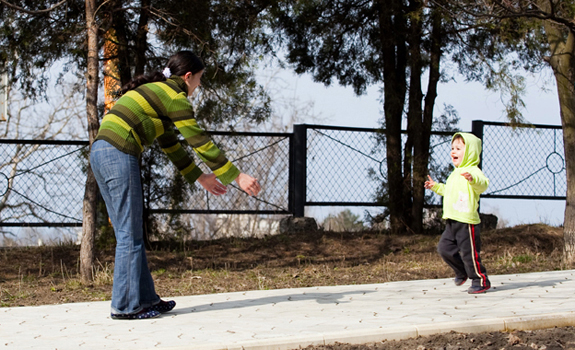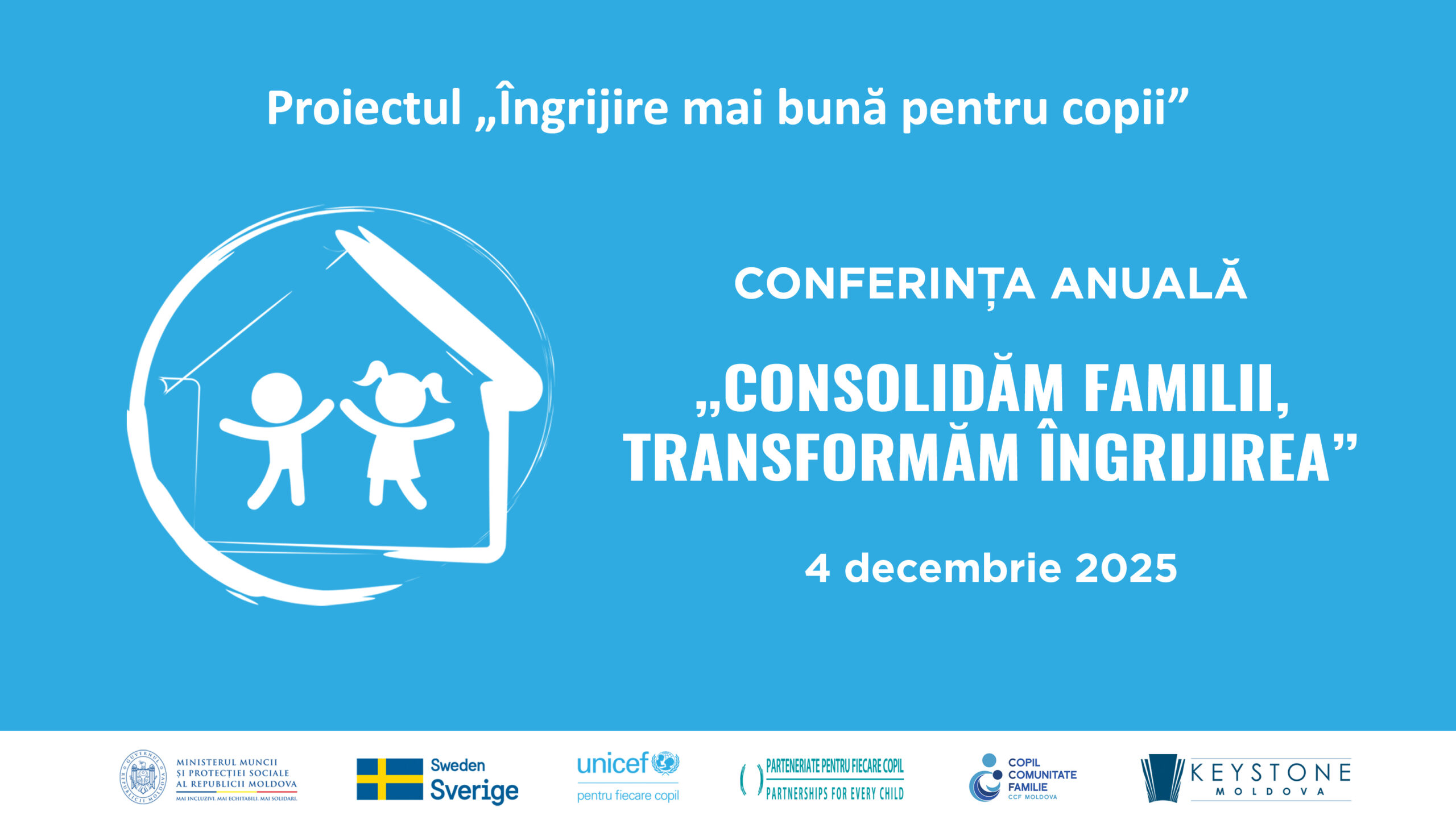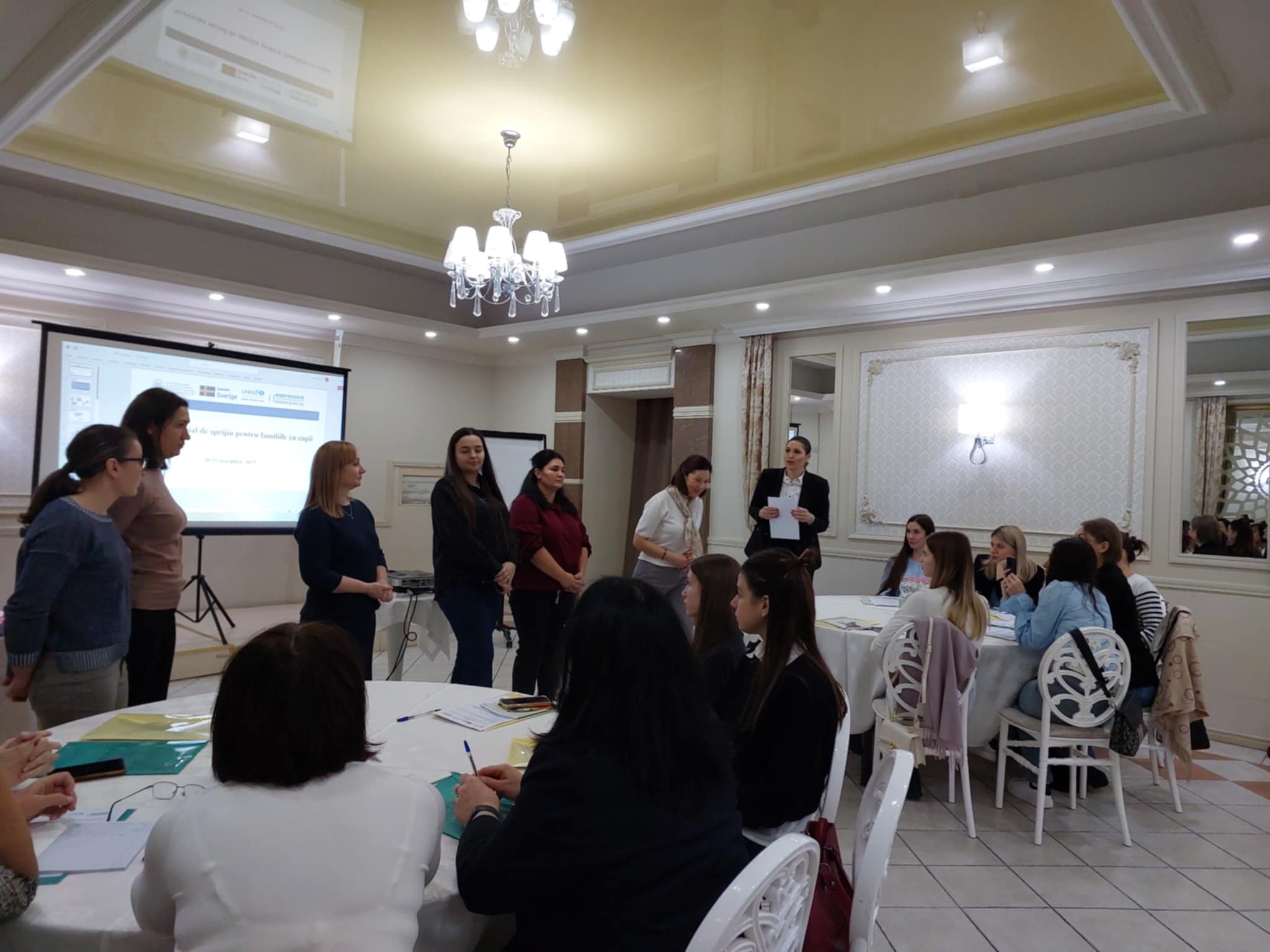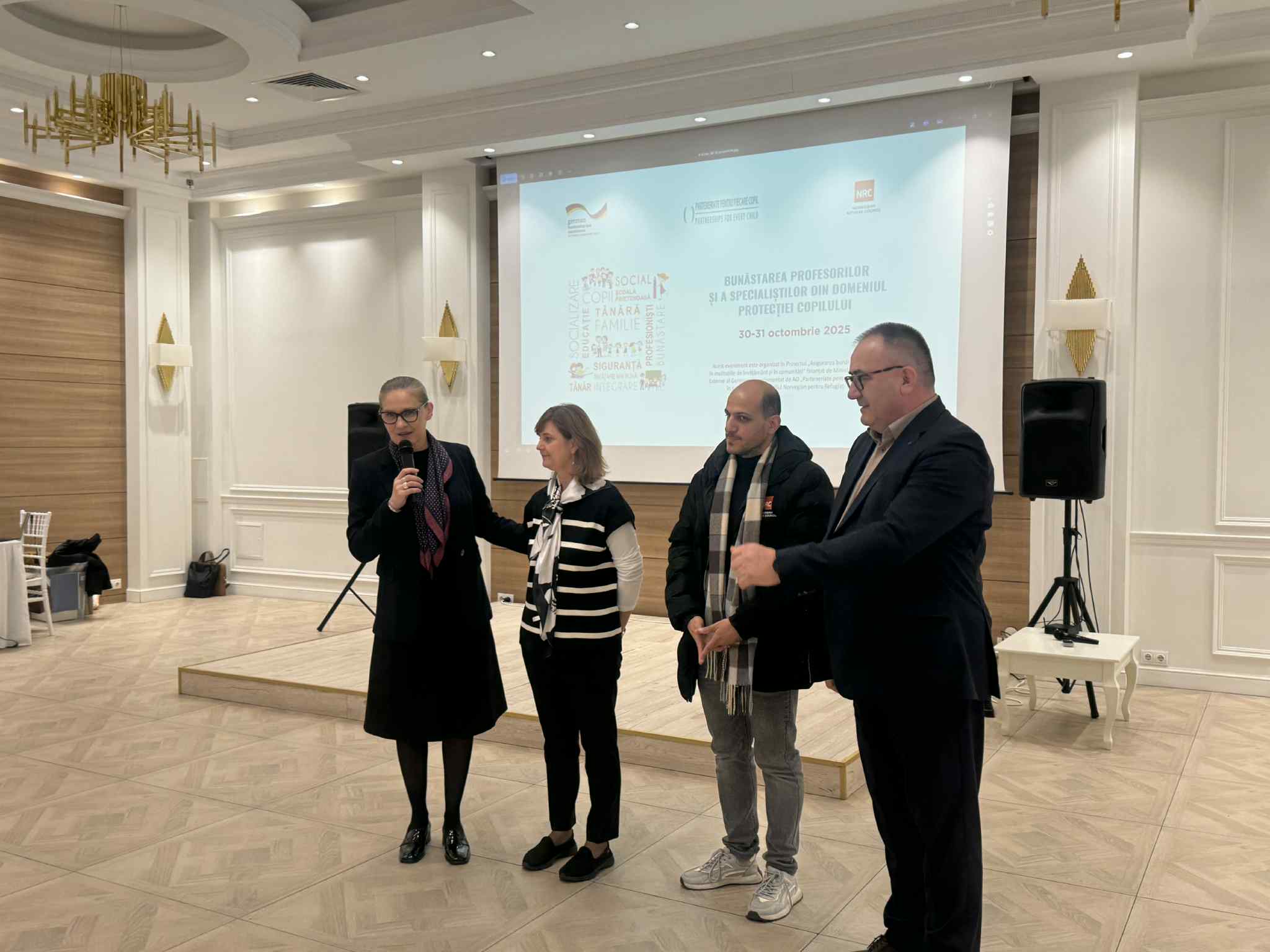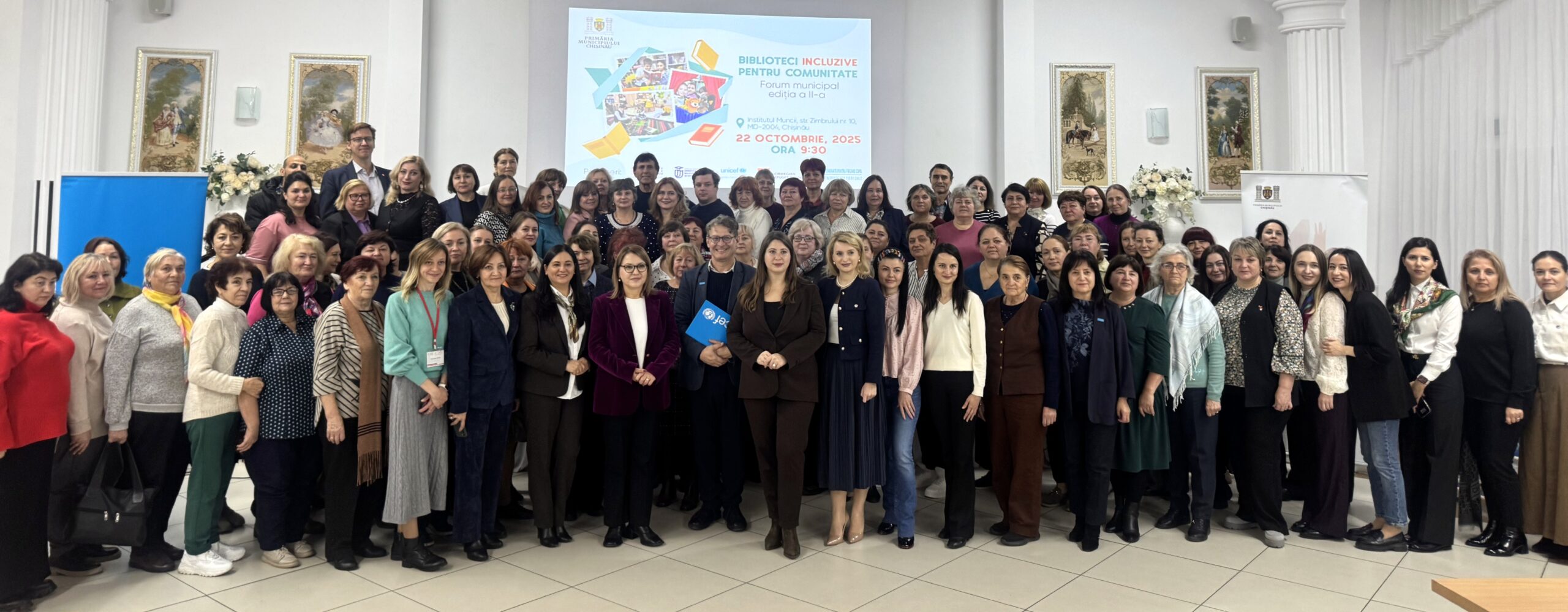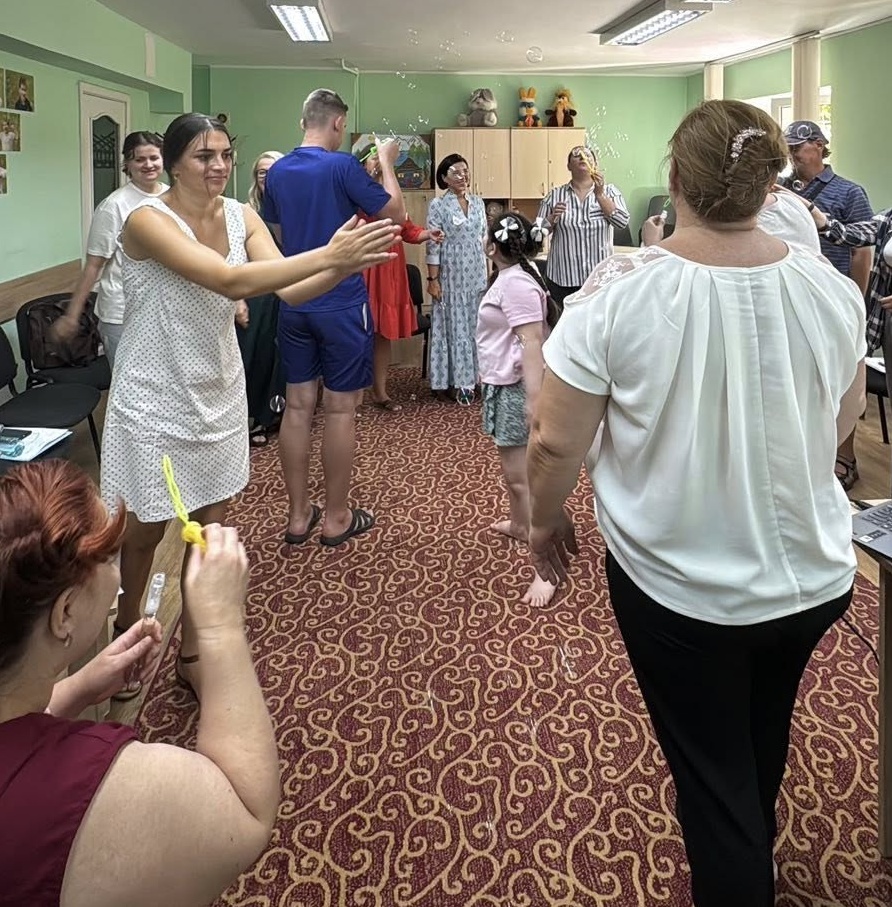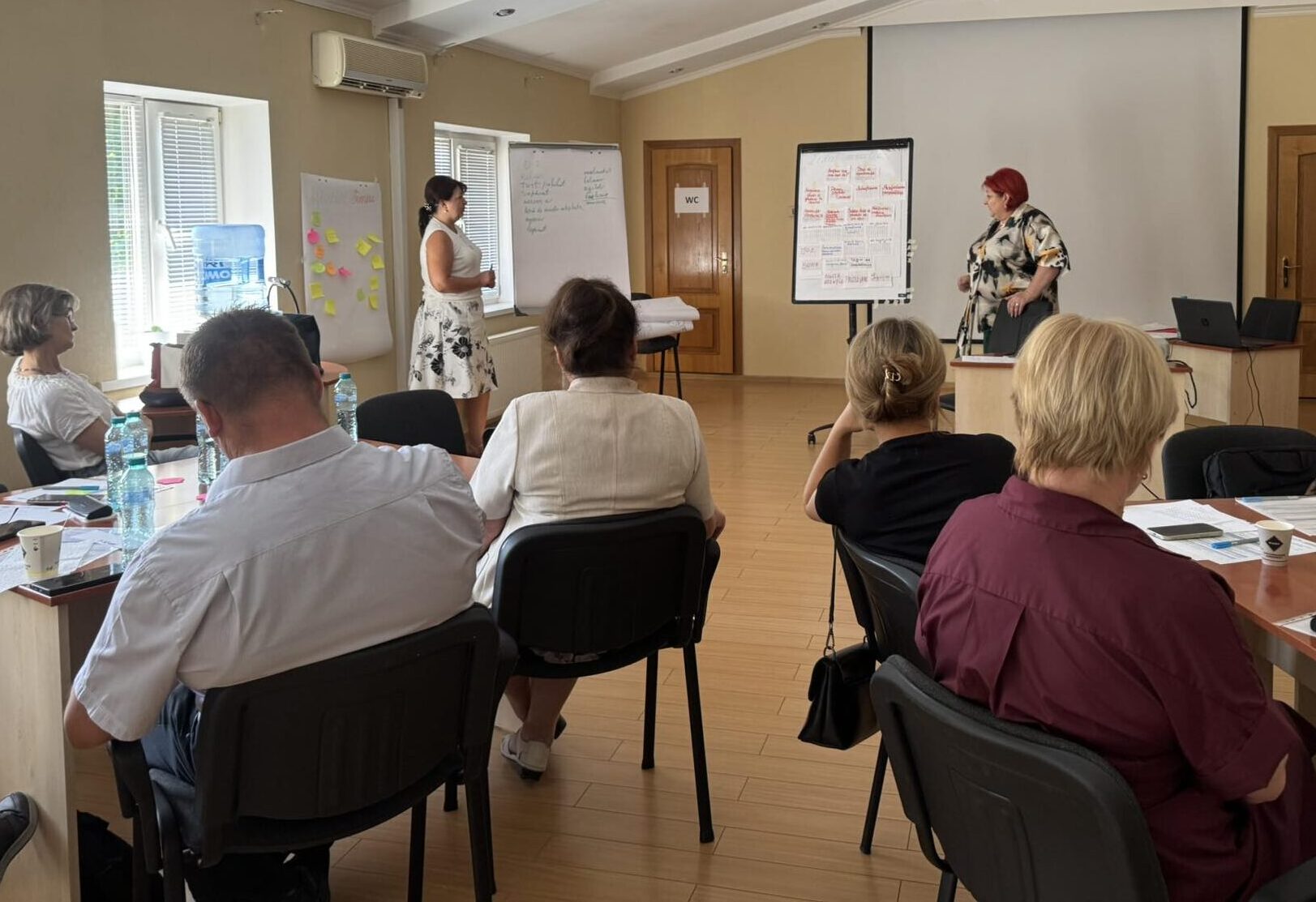In 2025, over one thousand child protection and social service professionals benefited from support, guidance, and training in interventions and...
For over 30 years, the organization Partnerships for Every Child has been at the forefront of child protection reform in the Republic of Moldova.
With extensive experience in the field, we provide support to local and national authorities in developing and implementing services and programs designed to help children and their families. These initiatives are backed by effective communication and advocacy strategies and aim to prevent the separation of children from their families, as well as strengthen community-based services that guarantee every child’s right to grow up in a family.
